London is becoming the new San Francisco
The capital is a textbook example of criminology’s “broken windows theory"
Earlier this week Paul Scully, the Tory MP, provoked outrage among the commentariat when he warned that there are “no-go areas” in Birmingham and London.
Scully had been referring to places such as Tower Hamlets, where he said that people were “using” and “abusing” Islam. Although he added the caveat that their practice was not the actual “doctrine of Islam”, the comments did not go down well and he eventually apologised.
Far from this silencing his critics, Scully’s words sparked a more generalised debate about crime in Birmingham and London. Are there areas people avoid due to safety concerns?
It soon became clear what the “correct” thing to say on this matter was.
Rory Stewart, for instance, told us to snap out of our “paranoid fantasies”.
Jemma Forte, veteran of Jeremy Vine on 5, and err, not sure what else, said complaints about “no go areas” were indicative of people “pushing racist agendas”.
And a man named Ian made a joke that was repeated endlessly across social media.
I can’t help thinking this (below) is a good visual representation of these people, desperate to show what cosmopolitan sorts they are; the type who might make their kids and their friends a margarita to be “the cool parent”.
Sadly, having been mugged for my phone in 2021 and called as a witness for a racially-aggravated hate crime last year, along with other unsavoury experiences, I feel less optimistic about the state of the capital - or Stabital, as it should be called.
I don’t think “no-go zones” are the best way to describe parts of London (I cannot speak for crime in Birmingham having never lived there) precisely because you can be stabbed or robbed anywhere nowadays. Parents would have to be mad to want their kids roaming about London at night. And anyone who says otherwise is either living in one of the safer parts of town and/or has access to safe transport/ is burying their head in the sand. I wonder what family of the 21 teenage homicide victims last year (out of whom 18 were stabbed and two shot) would say about the “paranoid fantasies” Stewart derides?
London’s problem is not only brazen crime, but a growing sense of decay. It’s a textbook example of criminology’s “broken windows theory”, which hypothesises that visible signs of crime, antisocial behaviour and civil disorder create an urban environment that encourages more crime and disorder. There are all sorts of examples of this, from continuous protests (Free Palestine, Extinction Rebellion, anti-lockdown and so forth; central London now appearing to be a permanent stage for the disgruntled) to youngsters playing their speakers loudly on the tube, to growing homelessness. Take the example (pictured) below, which is no longer unusual to the West End. It’s the sort of scene we might have seen in San Francisco (and indeed New York) a year or so earlier, and thought “wow, things have really gone downhill there”.
It sounds trivial but the supermarket has become one of the biggest hubs of criminal activity, albeit not the kind that Tony Soprano would be involved in. Last year journalist Harry Wallop wrote a gripping feature for The Daily Mail about his day in a Co-op branch that had already been robbed 1,000 times that year. From 2022-2023 shoplifting offences increased by 24 percent in England and Wales.
Recently I was at my local supermarket when I heard the security guard trying to ward off a thief. I later found out from discussions with staff members that the man turned up daily to steal things.
The security guard eventually lost his cool - having spent ages trying to get rid of the man - picked up a shopping basket and headed towards him, all of this happening outside (as the man had been slowly nudged towards the exit by staff). “He’s not worth it/ leave it”, said his panicked colleagues as the security guard went forth. Luckily the thief went and thankfully nobody was lamped over the head with a shopping basket. But it wasn’t a very reassuring situation. Were I to name the supermarket, perhaps the security guard would get into trouble - even though it’s quite understandable why he was at the end of his tether. He had no back up, and there are no signs of it coming in the future either. A staff member told me that the police no longer do anything about shoplifting as the paperwork takes too long. She added that “you and I are paying for it”, as the consumer takes the brunt of the shortfall.
On Monday I was in Waitrose when I saw another “broken window”: a pack of pens with a security tag on them (selling at a discounted price of £4.12). I was so astounded that I stood for a minute to check that these really did have a security tag (a pair of scissors did too). Eventually a member of staff came over and said “do you want me to remove the tag?”, clearly thinking I might run off with the uni-balls - which I did buy. (The tag seemed a bit pointless, incidentally, because you could just pull the pens off if you wanted to). It sounds daft but it was emblematic of how far London and the UK have disintegrated.
It reminded me of last year when I had been worried by the prospect of my brother moving to New York City for few months. Earlier that year my sister had been and recounted to me that you couldn’t buy shampoo without an assistant opening a cabinet. She described scenes as “bleak and scary”. We took heart from the fact we lived in the UK, where things aren’t that bad. Well, not yet - and when London overspills “no go zones” will be everywhere.



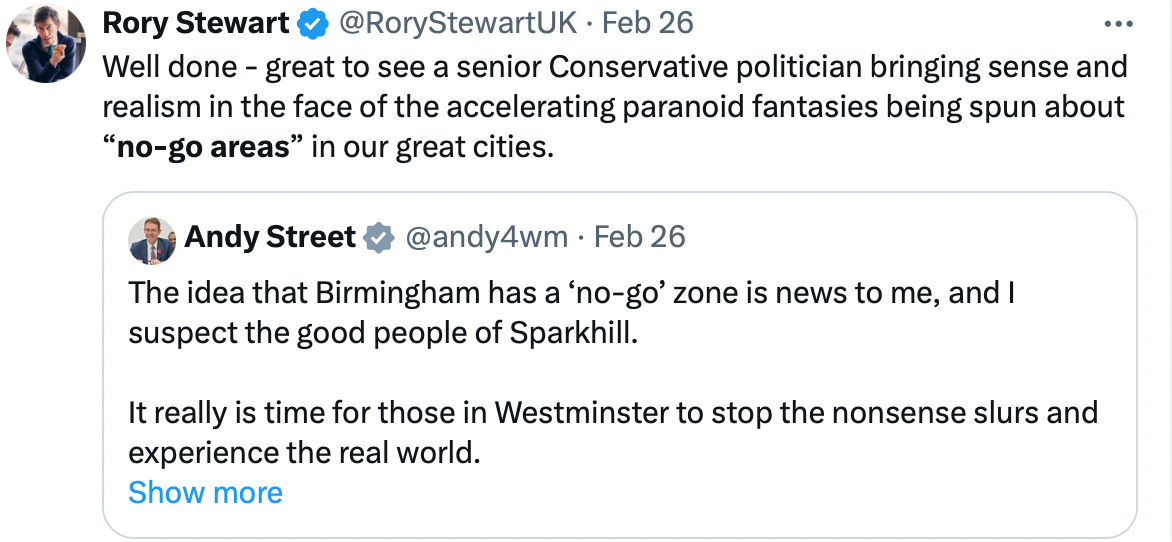
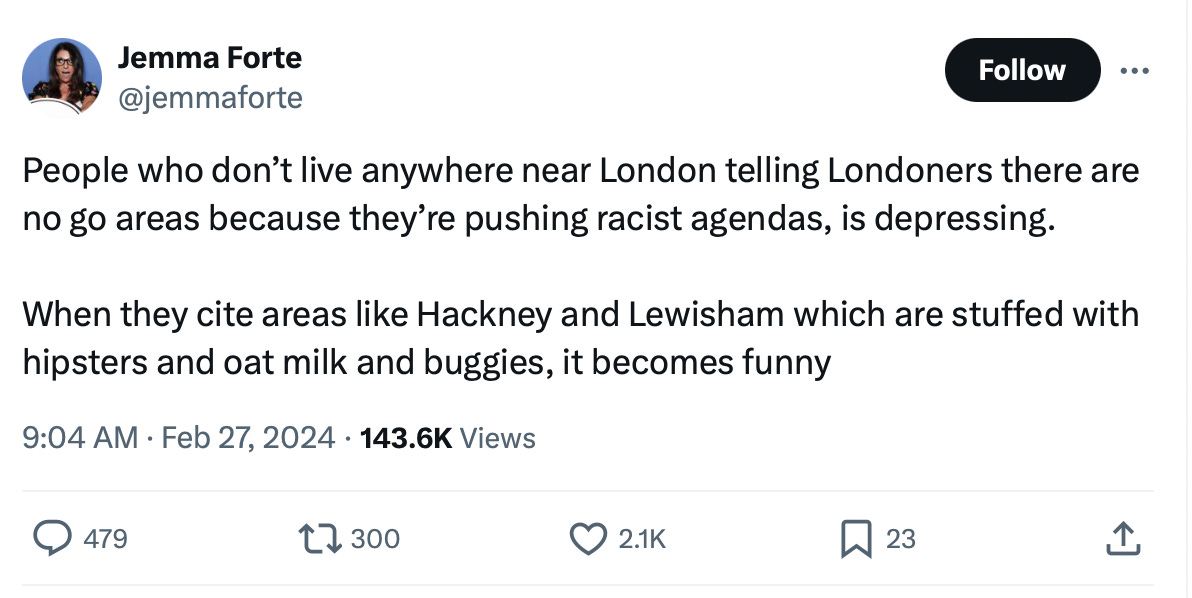
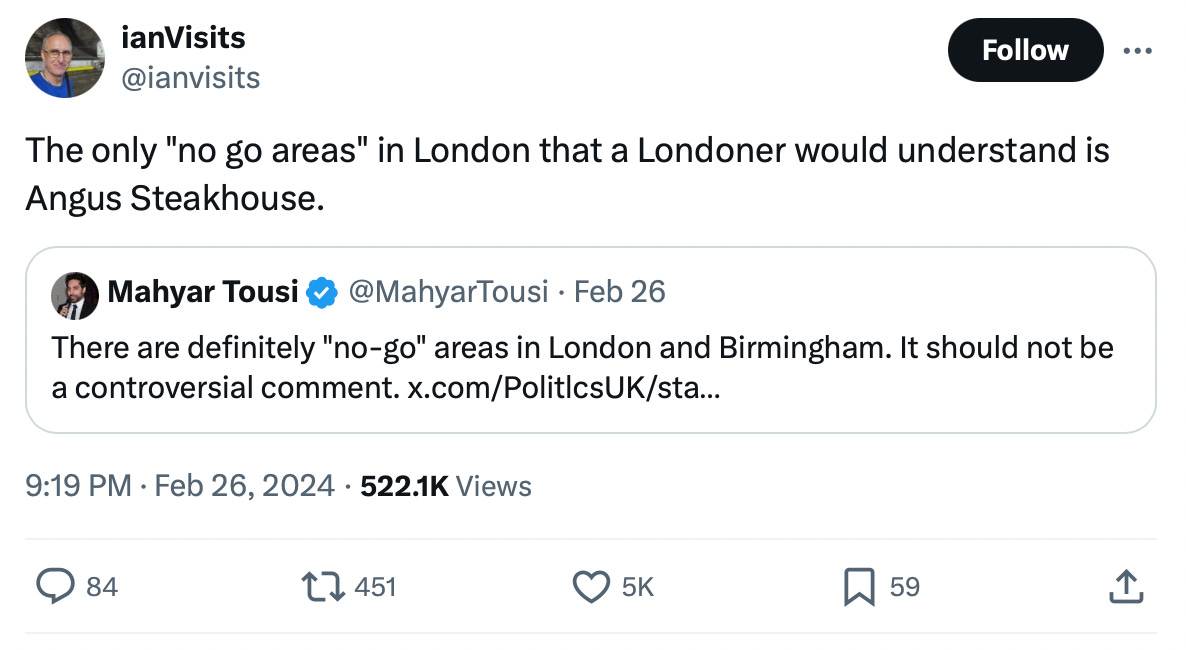
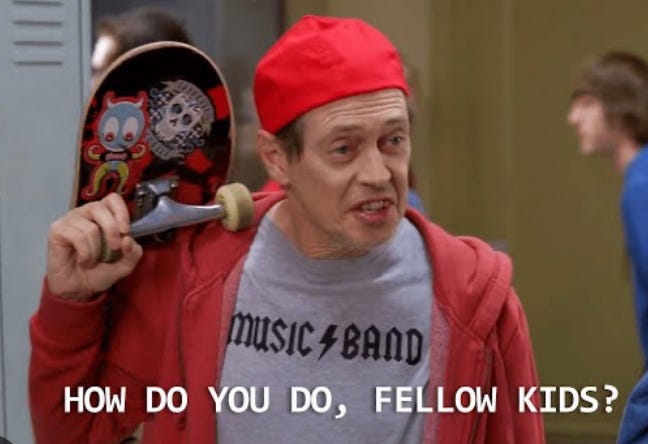
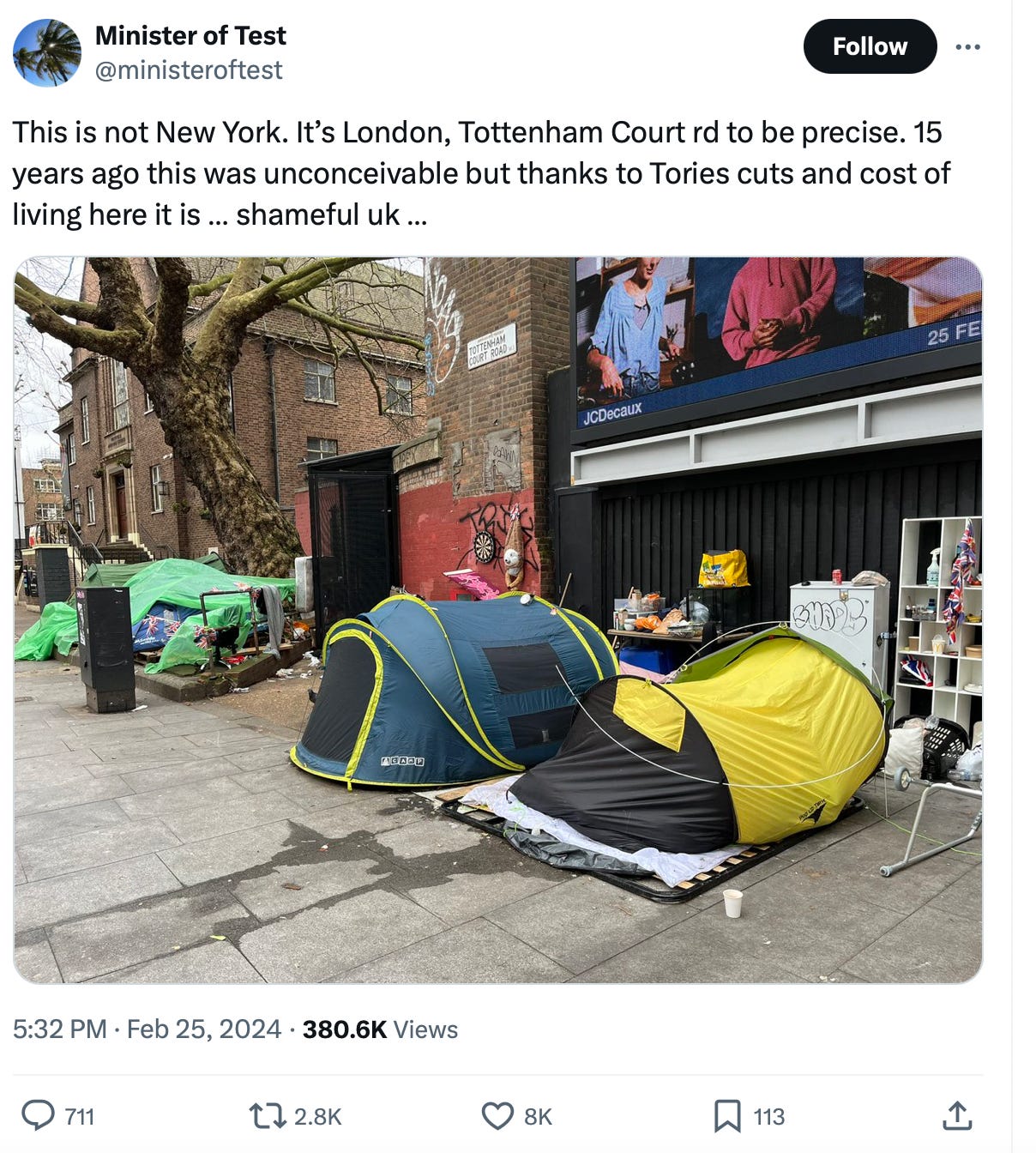
The fact that a few politicians are slowly daring to say the unsayable is the first faint sign of progress. That is how slow trickles eventually become torrents.
It is the like of Rory Stewart, with their desperate wish to remain in with their liberal friends through the display of high status opinions, who will eventually looked at with incredulity.